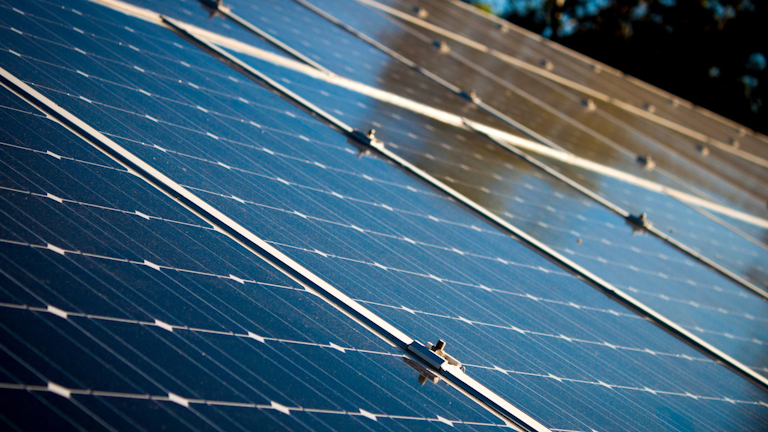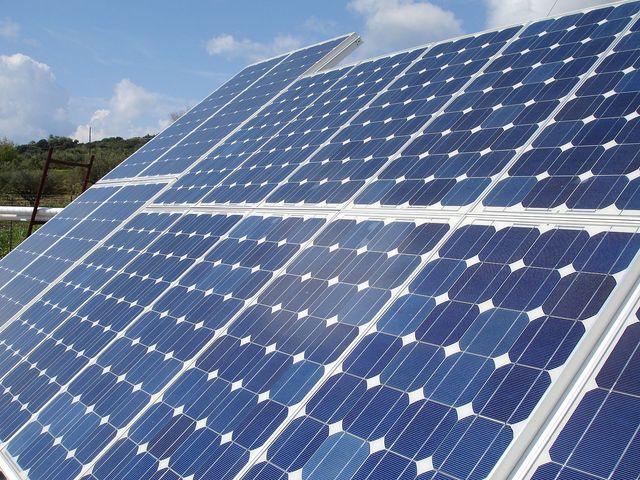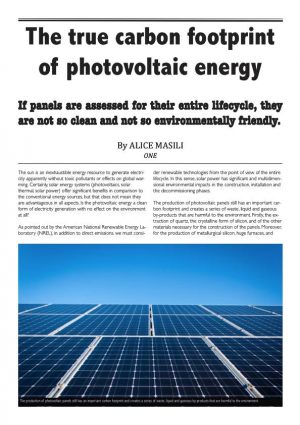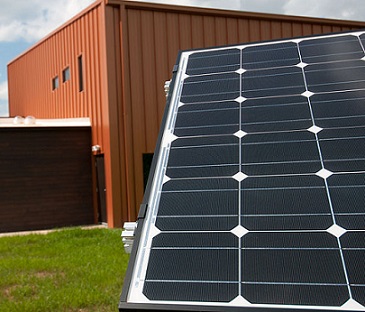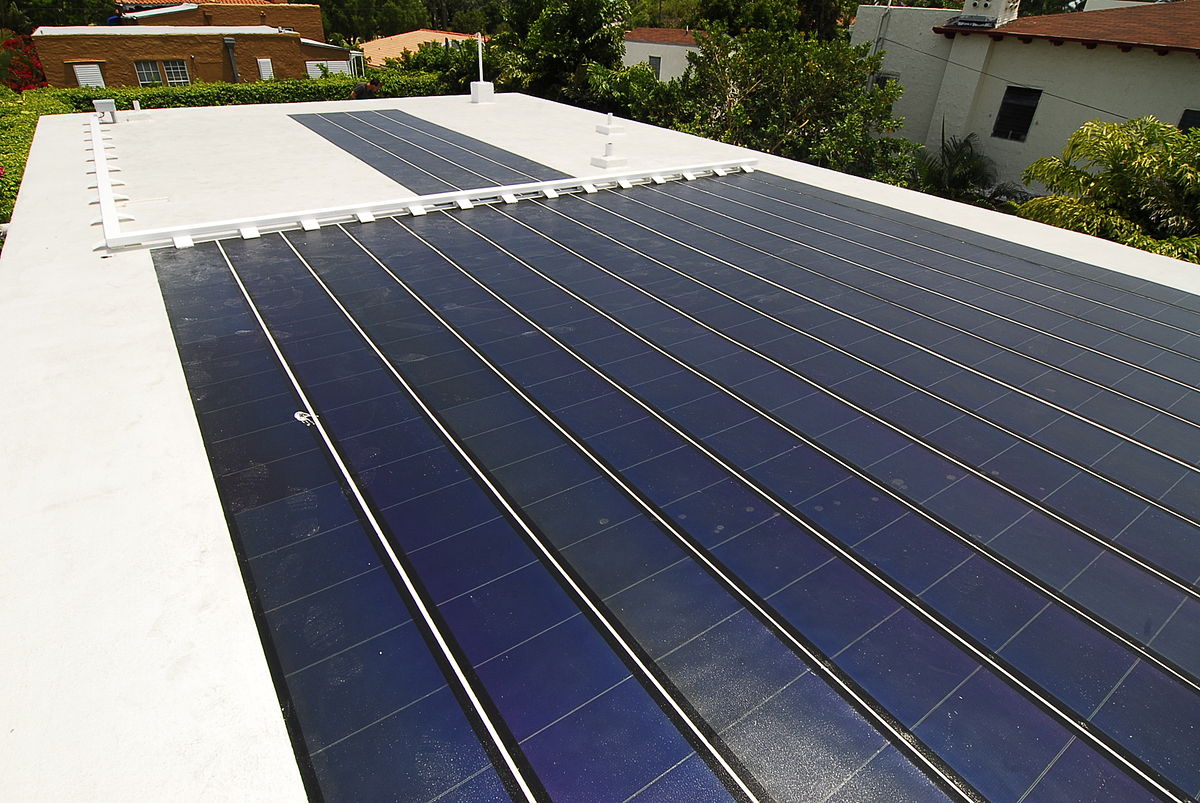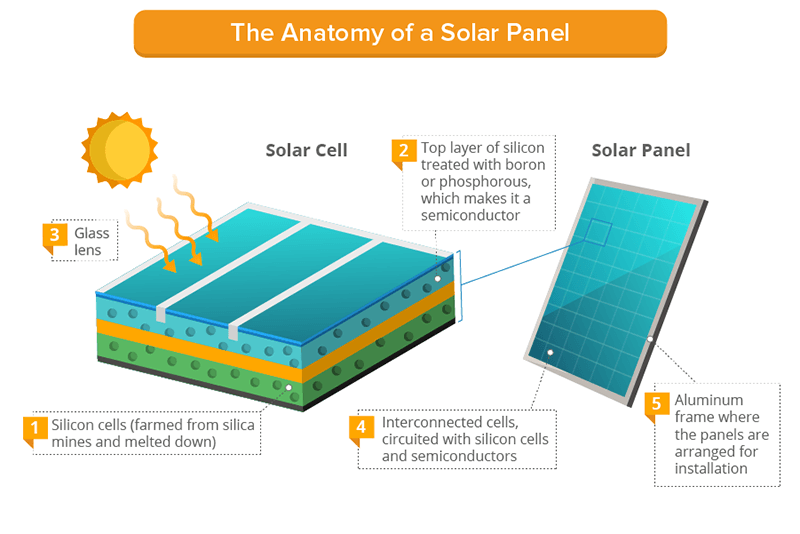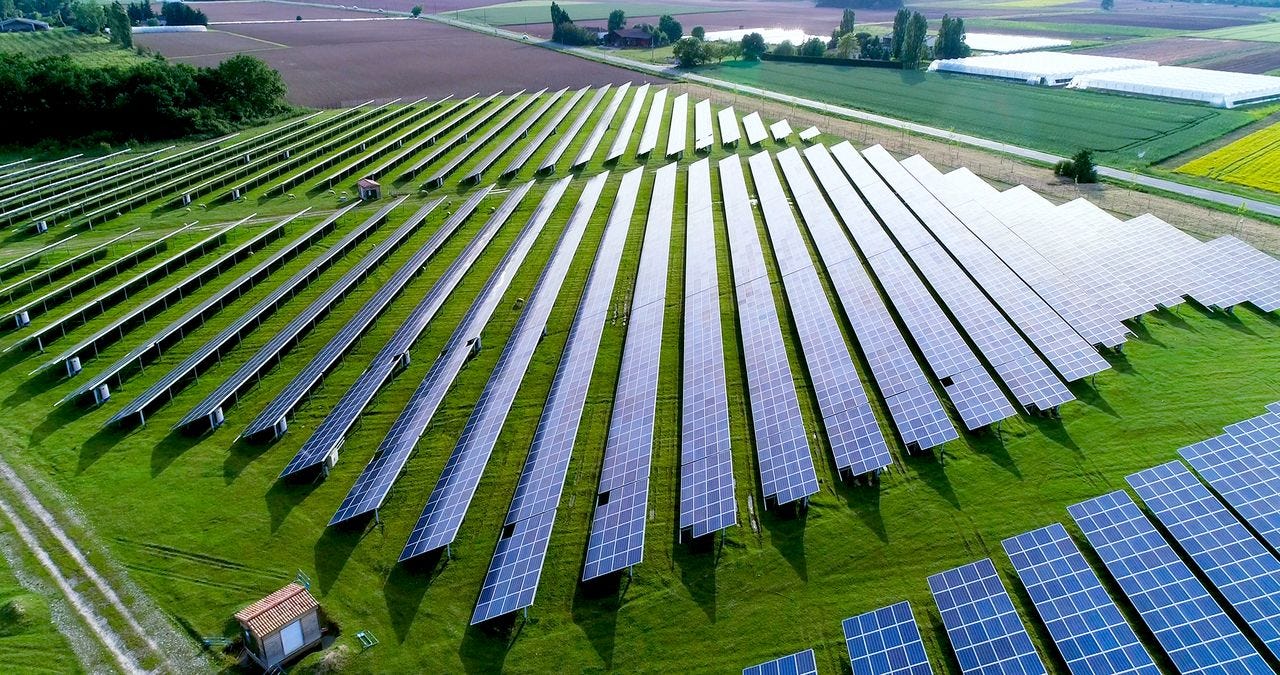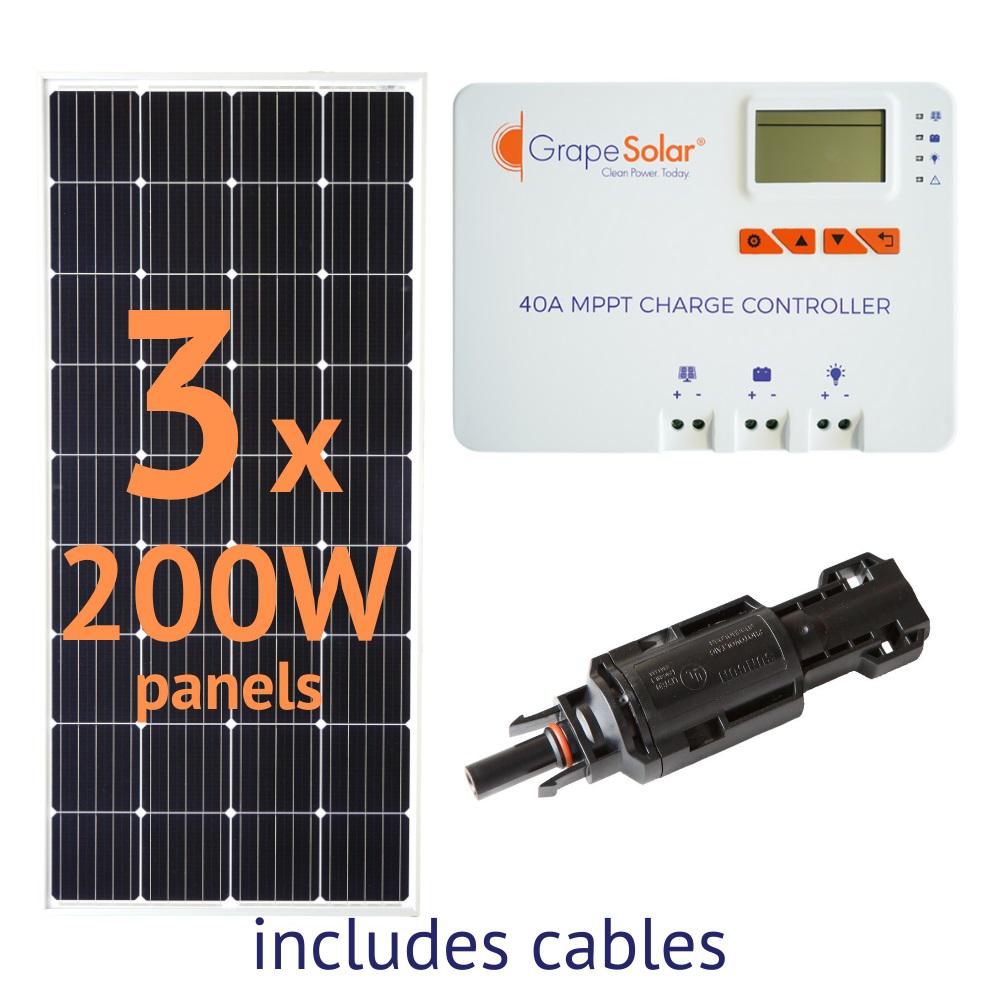Cadmium Rise Solar Panel

It could be the future of solar.
Cadmium rise solar panel. Cadmium telluride cdte is a commonly used material in thin film solar modules. You can see the evidence on rooftops and in the desert where utility scale solar plants are popping up. The fact that cadmium can be washed out of solar modules by rainwater is increasingly a concern for local environmentalists like the concerned citizens of fawn lake in virginia where a 6 350 acre solar farm to partly power microsoft data centers is being proposed. Cadmium telluride is a direct bandgap material with bandgap energy of about 1 45 defined ev which is well matched to the solar spectrum and nearly optimal for converting sunlight into electricity using a single junction.
What is cdte and why should i care. Cdte thin film panels are made from several thin layers. Worse rainwater can wash many of these toxics out of the fragments of solar modules over time. Cadmium is a heavy metal and extremely dangerous.
The debate over the toxic potential of thin film solar panels based on cadmium compounds has been reignited. Even though the common type of solar panel is non toxic there is a type of solar cell that can contain toxic materials. Solar power is on the rise. Solar panels often contain lead cadmium and other toxic chemicals that cannot be removed without breaking apart the entire panel.
Solar panels generate 300 times more toxic waste per unit of energy than nuclear power plants. Conventional solar cells are made by cutting wafers from a block of. In this video i will explain what cadmium telluride or cdte solar panels are all abou. You can read our article on solar panels and hail damage to learn more about strength testing.
One main energy producing layer made from the compound cadmium telluride and surrounding layers for electricity conduction and collection. Cadmium telluride pv is the only thin film technology with lower costs than conventional solar cells made of crystalline silicon in multi kilowatt systems. Cadmium telluride photovoltaics describes a photovoltaic technology that is based on the use of cadmium telluride in a thin semiconductor layer designed to absorb and convert sunlight into electricity. Thin film solar panels and toxicity.
The picture is not all rosy but if the recent past is any. They also contain lead cadmium and other toxic even carcinogenic chemicals that cannot be removed without breaking apart the entire panel. Approximately 90 of most pv modules are made up of glass. Cadmium is a particular toxic waste problem.







